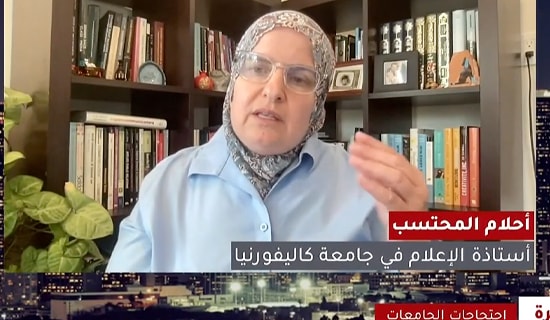
Peshmerga General Sirwan Barzani said that although he hoped for a new leaf to be turned in Kurdish-Iraqi relations after the liberation of Nineveh, if the Kurds reach the realization that Baghdad will not change its conduct, "they will not remain in Iraq." "It will mean that the Sykes-Picot agreement… was a mistake," said Barzani, adding that Iraq was united on paper only. In the interview, which aired on Al-Mosuliya TV on December 17, the Kurd general warned that "without a decent agreement and a democratic system that is agreed upon in the city, it will not take long for a second ISIS to emerge.
Interviewer: Can we be optimistic about turning a new leaf with the Baghdad government?
Sirwan Barzani: Inshallah, we hope so, but our experience with Baghdad over the past 100 years suggests otherwise. After its liberation, Mosul could become an opportunity for a new leaf... There is a consensus about this. The Kurdish leaders traveled to Baghdad and held meetings. The truth is that we, as Kurdish leaders and the Kurdistan Regional Government, preferred to reach an agreement about what would happen in post-liberation Mosul.
Prior to the military liberation, we should have had an agreement with Baghdad about who would govern the city and the status of minorities there - an agreement on who would rule the city and Nineveh in general. But Baghdad was pressing for a military operation, and insisted on reaching an agreement only after the liberation. Hopefully, the agreement will be acceptable to all. Otherwise, a second ISIS will most certainly emerge in Mosul soon. It won't take long. Without a decent agreement and a democratic system that is agreed upon in the city, it will not take long for a second ISIS to emerge.
After the fall of the [Saddam Hussein] regime, the Kurds played a pivotal role in uniting the country. The Kurd leaders played a central role in turning Iraq into a united country, even at the time of the drafting of the constitution. Unfortunately, however, Baghdad has not responded in kind. Today, after the liberation of Nineveh, there are new initiatives and promises, and we hope that there will be coordination, and agreement about everything, especially about Mosul. We hope that a new leaf will be turned. If not, there will be more problems. So once we get rid of ISIS, we will get into other problems... For sure. It will have a different name, but it will be another ISIS, and there will be other issues as well. If there is no higher coordination, and things go back to what they were, with no article being constituted being implemented - there will be a referendum in Kurdistan. They should not expect us to be killed and banished for no reason for another 100 years. We shall not wait forever.
Interviewer: So what will happen if problems emerge again?
Sirwan Barzani: If the Kurds come to the realization that Baghdad will not change its conduct, they will not remain in Iraq. They will have no reason to remain. It means that the Sykes-Picot agreement, which turned Iraq into a single country, was a mistake. In any marriage there can be a divorce, if the parties are not happy together. Unfortunately, the 'united' Iraq is united only on paper. If you take a look at Iraq's history, you see that not a day went by in the past 100 years in which civilians were not killed for no reason. If there is disagreement, what is the problem? Let the boxing match be held between parliaments - there can be a Kurdish parliament, a Shiite parliament, and a Sunni parliament, and they will fight amongst themselves, without the civilians being killed. Where's the problem? There could be partitioning. What's wrong with that? Many countries underwent partitioning, and they have no problems.
[...]
We've made our position known to Baghdad. Prior to the liberation of Mosul, we made it known to the political parties in Baghdad that unless there is direct coordination and implementation of the constitution, they should prepare themselves for negotiations about the partitioning of the country, and the independence of Kurdistan. This has been said out in the open. It has been said in Baghdad, and it is within the rights of the Kurds. I think that this will serve the Arabs in Iraq even better than it will serve the Kurds. What's better? To live in security and honor in your home, or to live in a large country and fight all the time? I don't see any justification for that, to tell you the truth.
[…]












